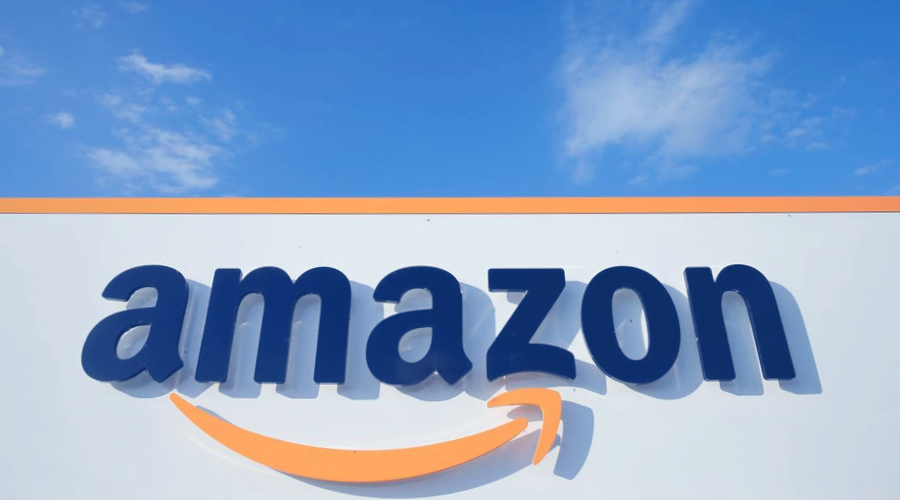2-Step URLs: Against Amazon TOS?

Are 2-Step (Super, Magic, Brand, Search Find Buy, Supreme, Keyword) URLs against Amazon TOS? An Amazon moderator has provided clarity in a recent post on the Seller Forums. (4 min read)
The short answer is yes. Amazon confirmed what has long been suspected via a post on the Seller Forums. Whether you're referring to 2-Step, Super, Magic, Keyword, or Supreme URLs, their use is prohibited on the Amazon marketplace.
"It is a violation of the Amazon Seller Code of Conduct to manipulate search rank to artificially boost your products’ search ranking, including through ‘two-step urls,’ ‘super urls,’ ‘funnels,’ ‘treasure hunts,’ ‘search-find-buy,’ and any other form of false or misleading behavior"
— Amazon Forums Moderator, Nov 2
Why was the statement made?
For a long time there has been a gray area around rebates and other marketing incentives, allowing sellers and service providers to hide between the lines. It appears the purpose of this clear statement was —
-
To protect sellers: It can be misleading when a professional service pops-up offering to manipulate your search rank. Particularly when the service is marketed on the Seller Central Partner Network. Amazon likely decided that a statement was necessary given the amount of sellers that are being banned.
-
To protect customers: Amazon continue to push for what's best for their customers. Sellers manipulating sales data negatively affects the customer experience. Amazon want the most popular products to show at the top of search results, not the products with artificially high click-through or conversion rate.
-
To send a message to any service providers whose business is based on artificial rank manipulation: This follows news last month when a series of popular Amazon services were removed from the Partner Network with their API access revoked.
What is a 2-Step URL?
It is widely established that Amazon rewards organic sales more-so than sales through paid advertising and other means.
A 2-step URL directs the customer to a keyword search result page, showing only the seller's product. When the customer clicks through to the product listing and purchases the product, the sale is attributed to an organic search for the given keyword.
The URL conforms to the following schema —
https://www.amazon.com/s?k= + keywords + merchant
What is a Super URL?
A super URL links directly to an Amazon product listing, but includes additional query parameters in an attempt to trick Amazon into attributing sales through that link to an organic search, rather than an external link.
As with the 2-step URL, super URLs seek to mimic the effect of an organic search. The URL conforms to the following schema —
https://www.amazon.com/dp/ASIN?keywords= + keywords + qid
Do 2-Step URLs work?
The existence of Amazon's statement could well imply the effectiveness of rank manipulation. Amazon wouldn't need to protect the customer experience if there was no threat to it.
Full priced sales are the most positive signal of a successful product offering, and it appears rebates are the focus of Amazon's statement against rank manipulation. 2-step and other URL structures are often used in combination with rebates, but it is unclear how effective these URLs are in isolation.
It's worth noting, this statement was only made on the US Seller Forums, the country in which the majority of rebate marketplaces reside.
It would be a mistake to believe that any URL structure would completely fool Amazon (yes, even with a forged timestamp in the query). Amazon have considerably more data about a customer's journey than the search query parameters. IP address, browser fingerprint, ad network data, cookies and account session data are only some of the ways that Amazon can track a customer journey.
Which scenario is more likely to signal a compelling product offering?
- A reputable customer shows strong intent to buy a particular type product, they've considered multiple products (on and off Amazon), weighed-up the options, and decided on the best product
- A customer's entire journey involves landing on a manipulated search results page and buying the first product they see
Are Two-Step URLs against Amazon TOS?
Yes, 2-step URLs are against Amazon TOS, along with super URLs and any other URL structure intended to manipulate search rank. Will use of such URLs cease completely? This is less clear.
Due to the volume of traffic Amazon receives, it can prove difficult to spot clear irregularities in shopper behaviour. The two negative signals most likely to raise suspicion are —
- If the customers buying have a consistently low reputation score
- If there is a very disproportionate number of sales coming from an uncommon entry point
Are Rebates against Amazon TOS?
Yes, Rebates, Treasure hunts and Search-Find-Buy are against Amazon TOS. This is absolutely clear given the Amazon moderator's following choice of words —
"We consider it a violation of the Amazon Seller Code of Conduct if off-Amazon rebates, discounts, and other schemes are designed to drive customers to products that are listed and sold without those incentives on Amazon."
This is referring to the services that ask customers to buy a product at full price, then issue a rebate outside of Amazon. These types of services usually host a 'deal marketplace' where shoppers can redeem free or heavily discounted Amazon products, so long as they consent to receiving the discount outside of Amazon, for example through PayPal.
There are deal marketplaces that conform to Amazon's rules. They do so by promoting discounts codes generated from within Seller Central. However the reputation of shoppers on these marketplaces tends to be lower.
Therefore it's generally best to avoid all deal marketplaces as a seller. Seek a customer base who love your products, and market to them instead.
Can sellers boost their search rank?
Yes, sellers are encouraged to optimize their detail page, advertise, and drive sales to increase their product rank. The only exception being if the seller uses artificial means to do so —
"A service by any name that’s intended to artificially boost search ranking or portray a discounted sale as full-price, is a violation."
Therefore any service that issues discounts outside of Amazon's scope, to give the impression of a full-priced sale is a bannable offense.
There remains a lot of ethical ways for sellers to boost their search rank. Using external traffic to drive sales, for example, is certainly not a violation of Amazon's rules. In fact it's actively encouraged.
Summary
Amazon recently made a direct statement against rank manipulation in an effort to improve the experience for both sellers and customers.
It's not clear how effective each manipulation strategy is, but we know Amazon have ways to detect irregular shopper behaviour, and consequently ban sellers.
While Amazon encourage sellers to drive external traffic, low quality traffic from deal marketplaces, for example will have little positive effect. As always, the best way to grow as a seller is to build an engaged customer base that advocates for your brand, and loves your products.





